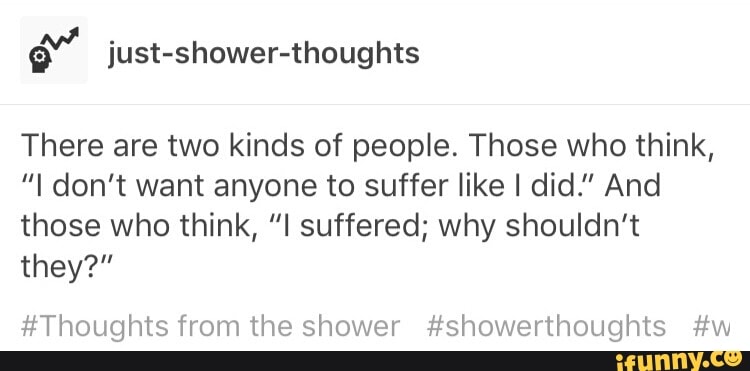No, you didn't understand it. Those numbers make sense because they already occurred. They are facts. Increases in enrollment aren't facts, they're speculation. The cost of tuition in 2016 has to "make sense" because it actually happened. It doesn't "make sense" to argue about it like it's a matter of opinion.
The amount of money that the federal government expended towards college education also already happened. It is also a fact. So, a cost of $79B is a fact. Expenditures of $91B is also a fact. How do facts not make sense?
The speculative argument that there will be an increase in enrollment has nothing to do with what was spent nor does it have anything to do with the cost in 2016. You can't understand what was written if you're arguing that the facts "don't make sense" purely because they don't take into account something that didn't happened. It's like making $100k/year, spending $88k a year and then someone saying that your income and your expense figures don't make sense because, in 5 years, the cost of houses will be higher than today.

As for the enrollment situation, again, I don't think you understand what is being written. The government's current cost is mostly on a per student basis allocated across the entire system. Whether you go with "free" college or the existing system, the government is still going to be handing out money per student. So an increase in college enrollment raises the government's expenditures no matter what.
Let's take Pell Grants for a moment. That's per student. So if more students apply for college and qualify for Pell Grants, the government's expenditures are going up. Doesn't matter about "free" education. If the government is giving tax breaks to college savings plans and more people use the plans, the government's costs are going to go up directly in line with the number of additional students.
Increased enrollment isn't a thing and, even if it was, it doesn't stop an increase in costs on the govt's side, regardless of if the situation is "free college" or the existing system.


